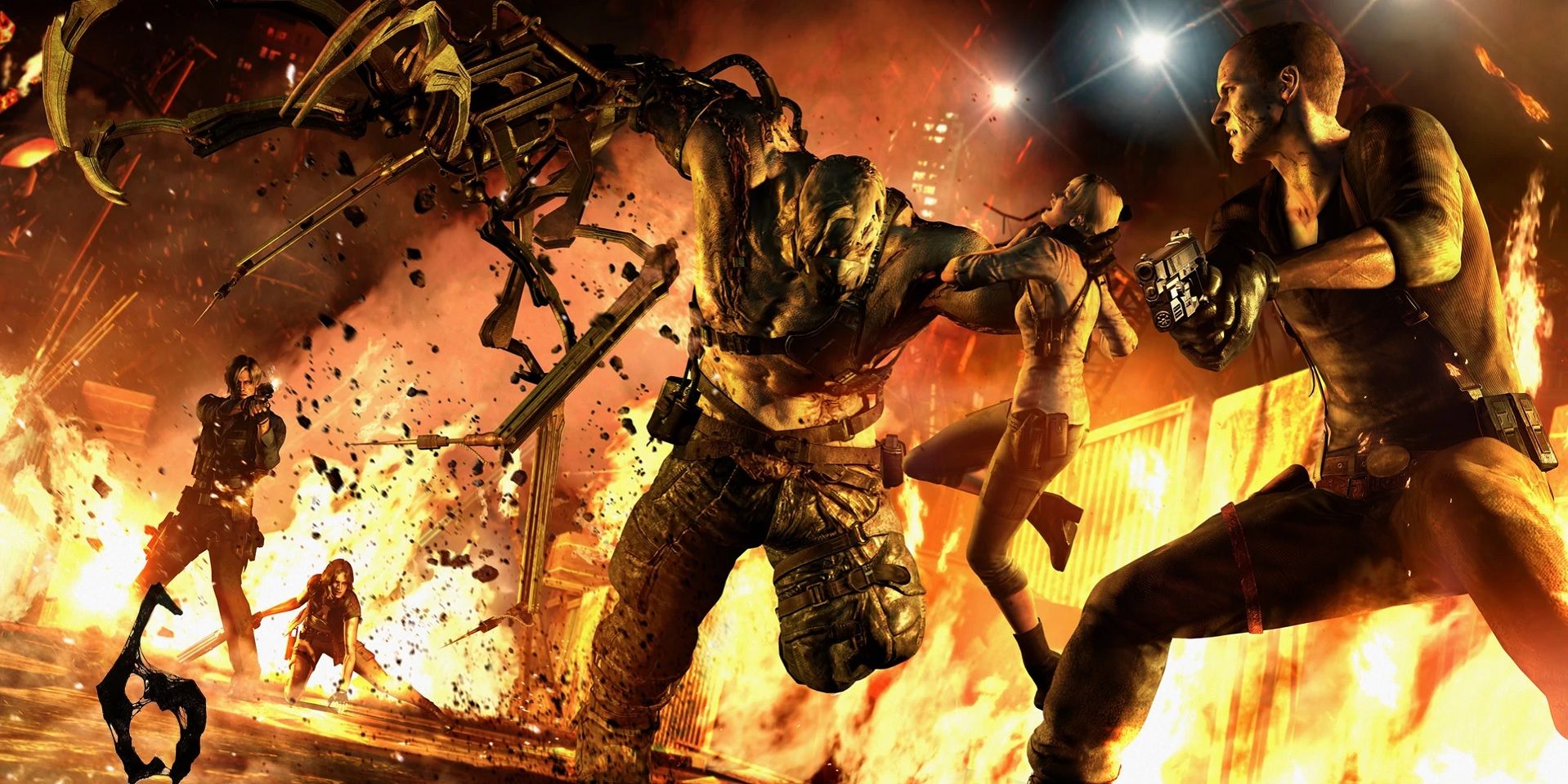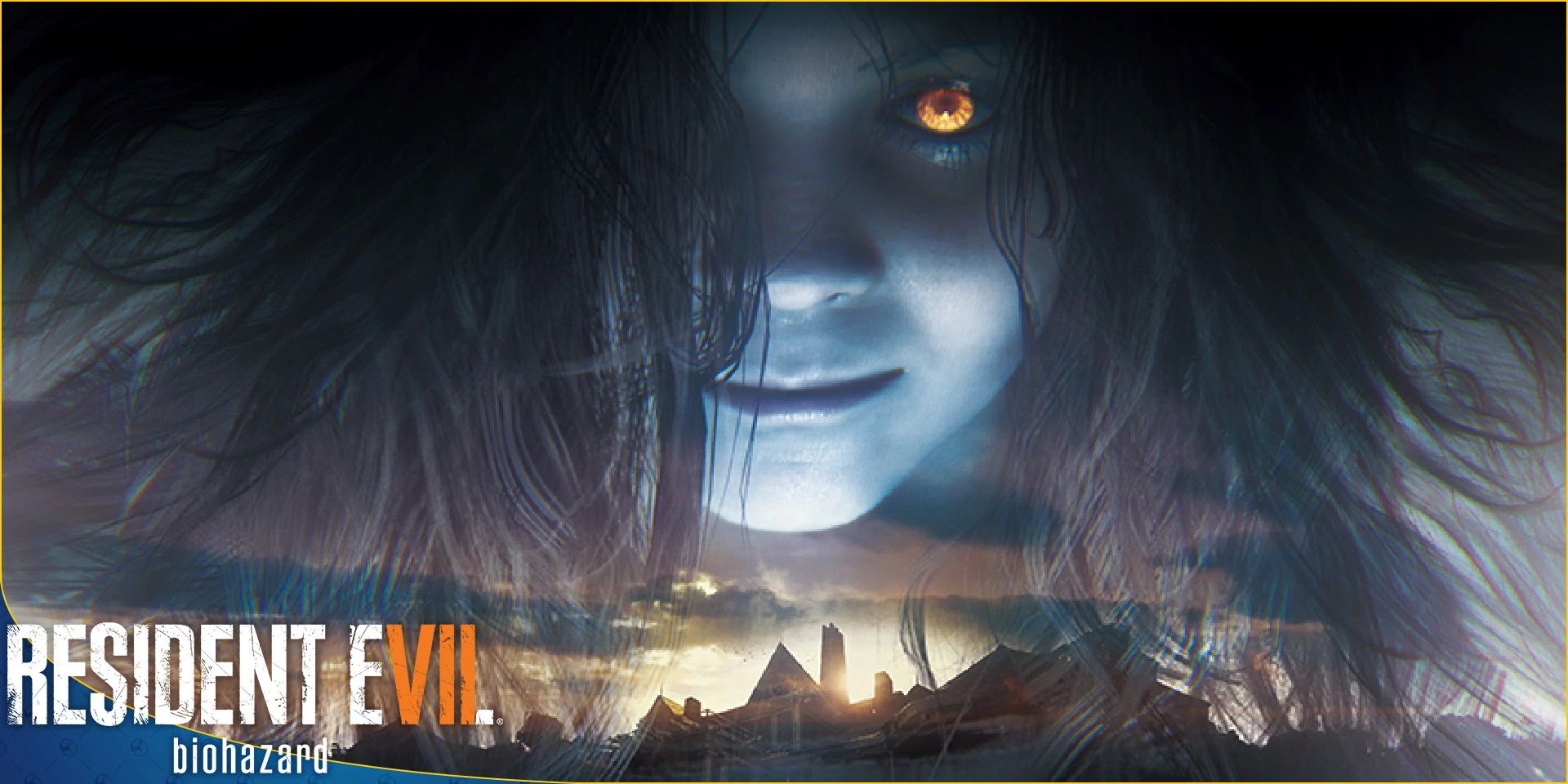Resident Evil had a rough patch as a franchise due to the direction that some of its games took. Capcom fell into a trend of raising the stakes with each new title, but that led to it creating RE games that took place on a global scale. Instead of the destruction of one city, RE became about the destruction of the world, and that conflicted with the core elements of the survival-horror genre.
[Warning: This article contains spoilers for Resident Evil mainline games past RE4.]
Resident Evil was first released in 1996, and the titles in the franchise saw varying rates of success in the decades since. Though it originally helped define the survival-horror genre, RE added more action to games as the franchise continued. RE4, which is being remade for PS5, had a careful balance between action and horror, and it would be a turning point for the franchise. Between RE4 and RE7, the stories of Resident Evil games grew too large for Capcom to handle in a way that retained the heart of the games: horror.
RE5 shifted the viral threat of the game from being mostly contained in one area into a global threat given by a villain who grew more stereotypical throughout the series. Umbrella was replaced by the pharmaceutical company called Tricell in RE5, and in a similar fashion, Tricell was conducting experiments to help perfect the virus that Wesker wished to spread across the world. RE6 also chose to go with a plot that included a global threat. The threat was given by groups like Neo Umbrella and The Family. The BSAA was more akin to an army at that point, and there were no shortages of official agencies working to prevent the world's destruction from bioweapons.
Resident Evil Village & RE7 Returned The Franchise To Its Roots
Even at its reveal, RE7's trailer was creepy with its theme song and the images included. Unlike RE5 and RE6, RE7 took place in one location and the threat of the Mold was contained within that location due to Eveline. Resident Evil Village, too, was limited to the titular village. The choice from Capcom to reduce the scale of the location in which the more recent games took place meant it was able to bring back the survival-horror elements that made RE popular. It reclaimed the balance between horror and action in a way reminiscent of RE4 and doing so restored faith in players for the future of the franchise.
Resident Evil faced a period of uncertainty when the games started shifting to portray crises that were too big to maintain the essence of RE. However, with RE Village's Shadows of Rose DLC coming soon and older titles being remade, Capcom has given RE a second chance to thrive. Having returned to creating games with a smaller scope, there is no limit to what biohazard players will face next in Resident Evil.


